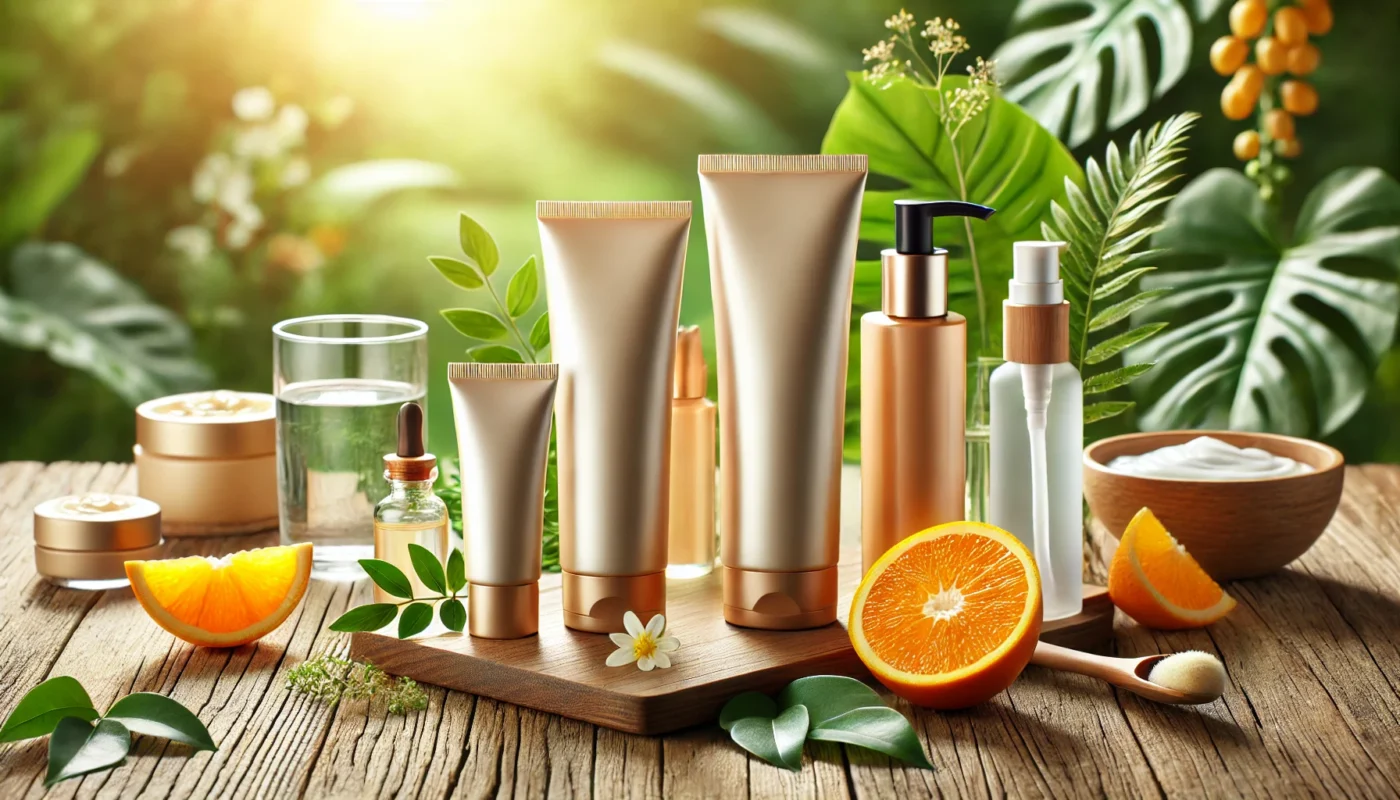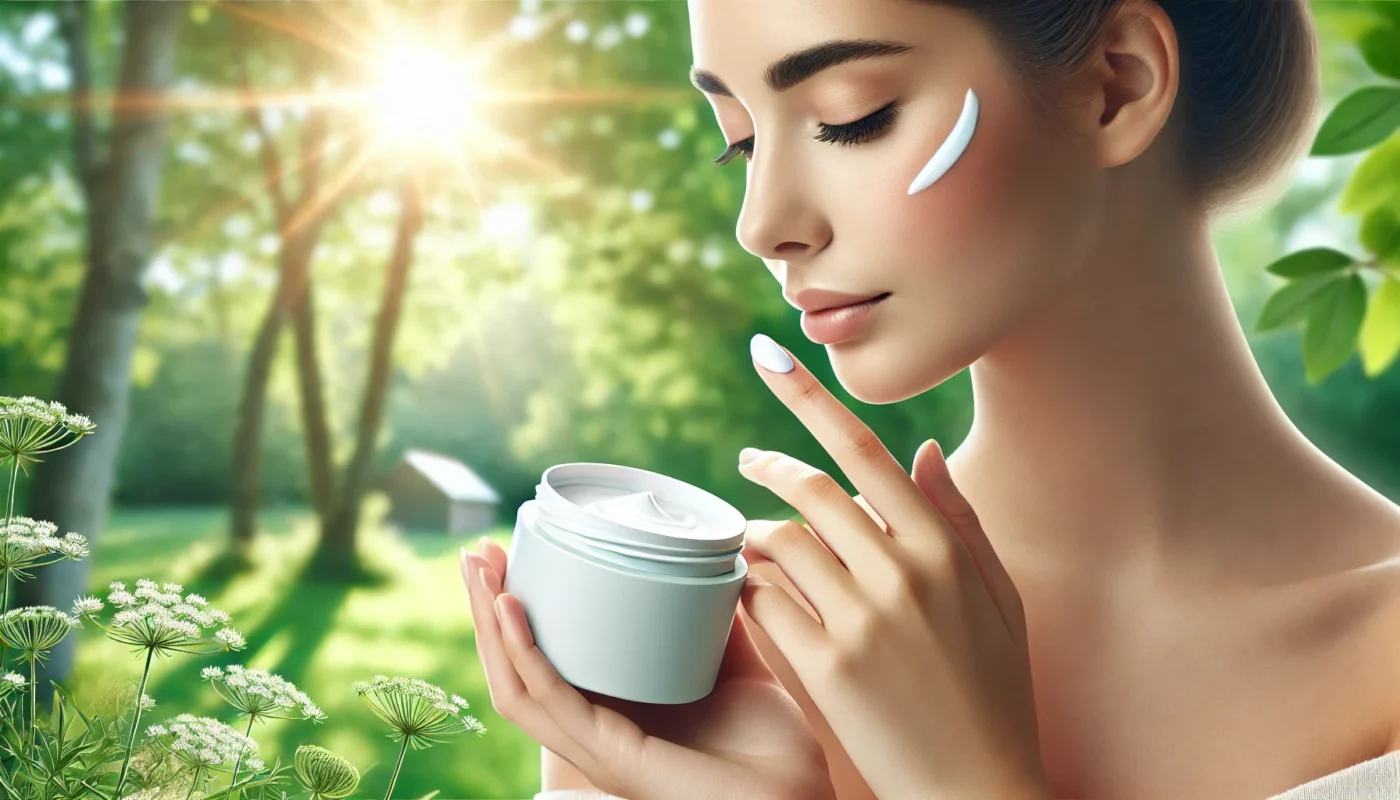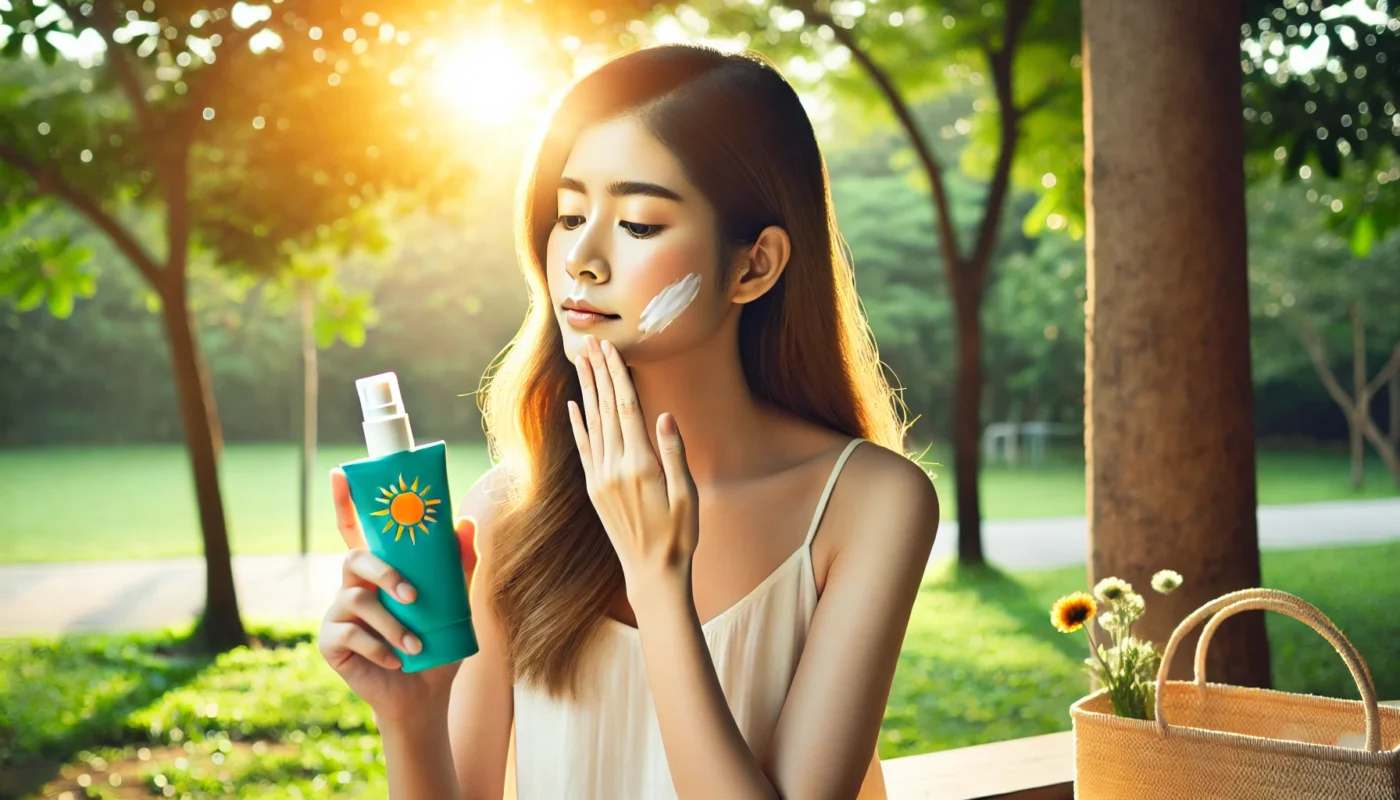When it comes to maintaining healthy and radiant skin, sun protection is non-negotiable. The sun’s ultraviolet (UV) rays can lead to premature aging, sunburn, and even increase the risk of skin cancer. With an overwhelming array of products claiming to be the “best sunscreen for face,” how do you choose the right one for your skin type?
In this comprehensive guide, we delve into the world of facial sunscreens, providing insights and recommendations that are both scientifically grounded and practically applicable.



